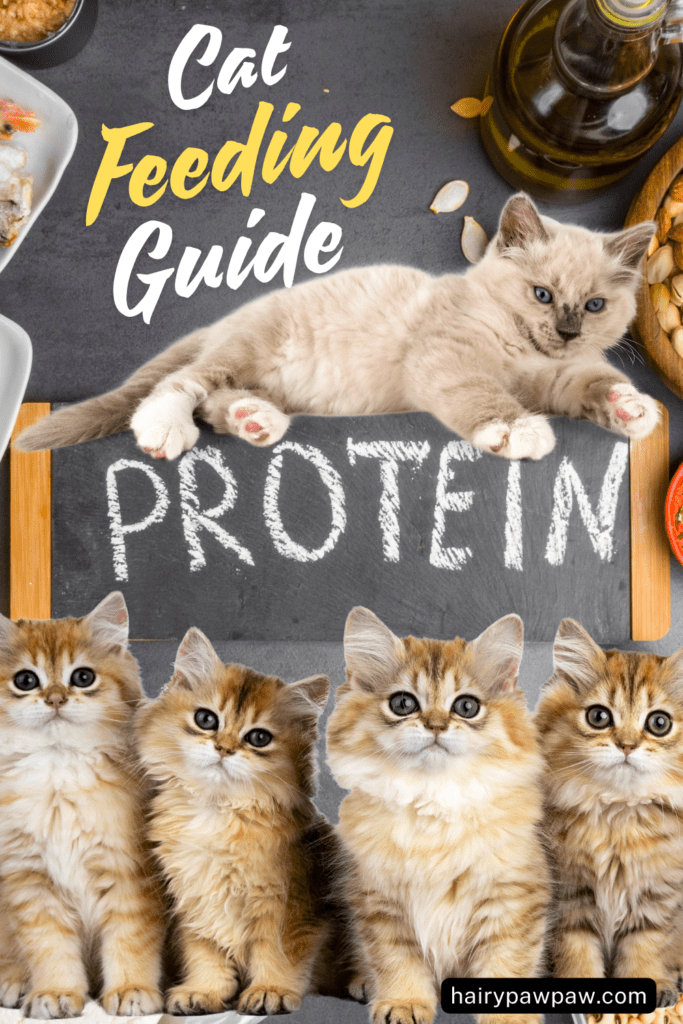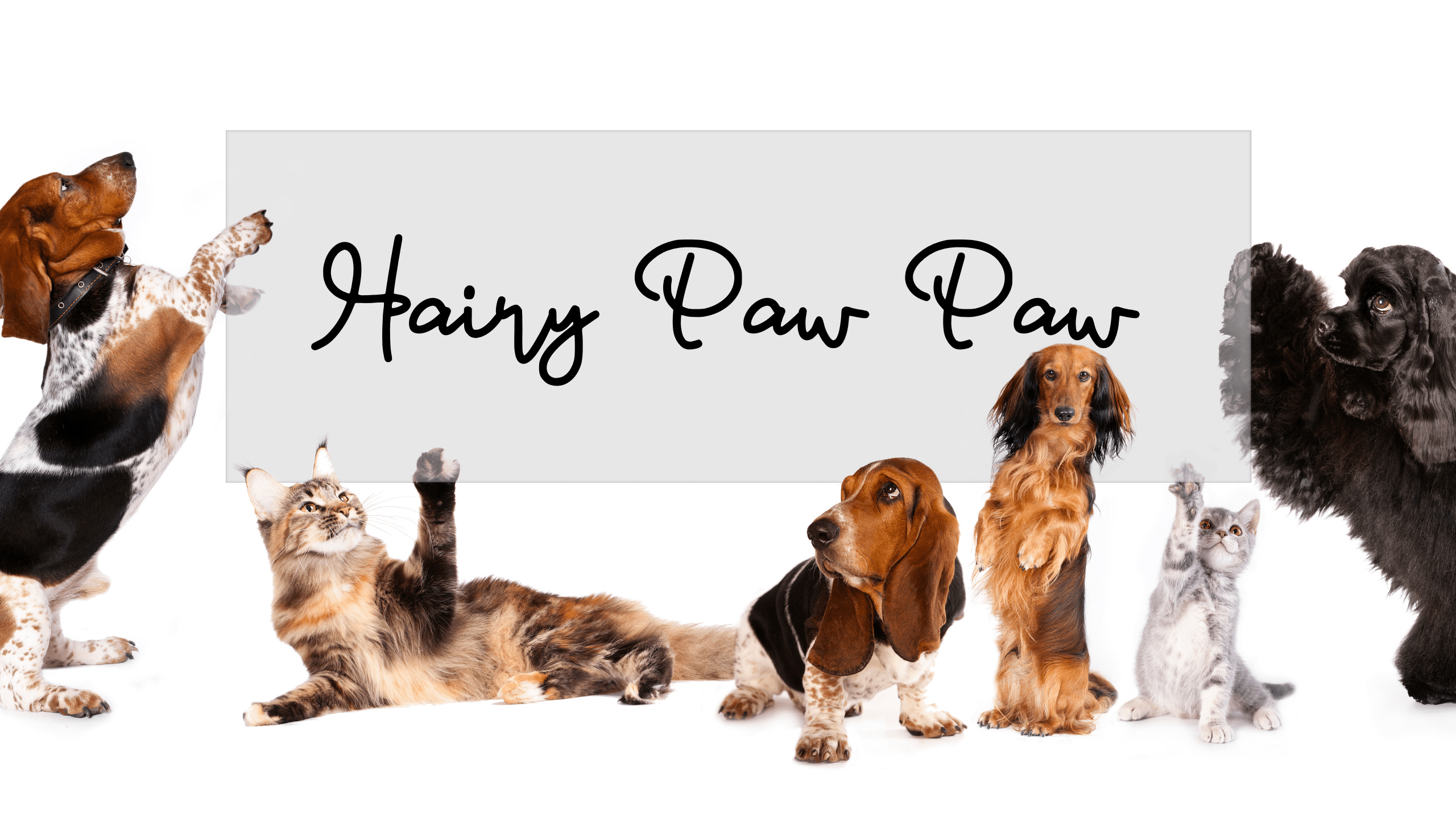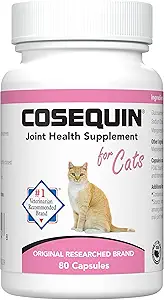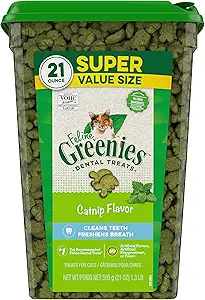This “Top 5 Maine Coon Health Issues and How to Address Them” post may contain affiliate links, which means I’ll receive a commission if you purchase through my link, at NO EXTRA COST TO YOU
Top 5 Maine Coon Health Issues and How to Address Them
Maine Coon cats are known for their large size, luxurious fur, and friendly nature. As one of the most popular cat breeds, they make great pets. However, like any breed, Maine Coons can be prone to certain health issues. These health challenges can affect their overall well-being, but with proper care, you can minimize risks and ensure your Maine Coon lives a long, happy life. In this guide, we’ll dive into the top five health issues that often affect Maine Coon cats and discuss how to address them effectively.

1. Hypertrophic Cardiomyopathy (HCM)
Hypertrophic cardiomyopathy (HCM) is one of the most common heart diseases seen in Maine Coons. This condition causes the heart muscles to thicken, leading to reduced heart function. It can lead to severe complications, including heart failure and clot formation.
Signs to watch for:
- Lethargy or weakness
- Difficulty breathing or rapid breathing
- Sudden collapse
- Decreased appetite
How to address it: Regular veterinary check-ups are crucial for detecting HCM early. If your Maine Coon shows any of the signs mentioned above, it’s vital to take them to the vet for a thorough examination. Genetic testing can also help identify cats that are more likely to develop HCM. Although there’s no cure, medication can help manage symptoms and improve the cat’s quality of life. A balanced diet and limiting stress can also support heart health.
2. Hip Dysplasia
Maine Coons, due to their large size and muscular build, are more prone to hip dysplasia, a genetic condition that affects the hip joint. In hip dysplasia, the ball and socket of the joint don’t develop properly, causing pain, stiffness, and even arthritis over time.
Signs to watch for:
- Difficulty jumping or climbing
- Lameness or limping
- Decreased activity levels
- Pain when touched around the hips
How to address it: Maintaining a healthy weight is essential for preventing excess strain on the joints. Regular low-impact exercises like walking and swimming can help strengthen muscles around the hip. Your vet might recommend anti-inflammatory medications or joint supplements such as glucosamine to manage pain. In severe cases, surgery may be required to improve mobility.
3. Spinal Muscular Atrophy (SMA)
Spinal muscular atrophy (SMA) is a genetic disorder that affects the spinal cord and muscles. It leads to progressive muscle weakness, especially in the hind legs. While this disease doesn’t cause pain, it can impair mobility and quality of life.
Signs to watch for:
- Weakness in the hind legs
- Difficulty standing or walking
- Muscle wasting in the hind limbs
How to address it: SMA is typically diagnosed through genetic testing, and there is no cure. However, early intervention can help manage symptoms. Providing supportive care, such as physical therapy and gentle exercises, can help maintain muscle function for as long as possible. While there’s no way to reverse the condition, a comfortable living environment and regular vet visits can improve your cat’s quality of life.
4. Polycystic Kidney Disease (PKD)
Polycystic kidney disease (PKD) is another hereditary condition that affects Maine Coons. In PKD, cysts develop in the kidneys, potentially causing kidney failure over time. PKD is more common in older cats, but early detection can help manage the disease.
Signs to watch for:
- Increased thirst and urination
- Loss of appetite
- Weight loss
- Lethargy or weakness
How to address it: Since PKD often develops gradually, regular vet check-ups are crucial for early diagnosis. A vet will typically use blood tests and ultrasounds to check kidney function. Although there is no cure for PKD, your vet may recommend a special diet to manage kidney health, along with medications to control symptoms. Hydration is key, so providing fresh water and wet food can help support kidney function. Monitoring kidney health regularly will give your Maine Coon the best chance for managing this disease.
5. Dental Disease
Dental disease is a common issue for many cats, including Maine Coons. Left untreated, dental disease can lead to pain, tooth loss, and infections that affect overall health. The buildup of tartar and plaque on the teeth leads to gingivitis and periodontitis, which causes inflammation of the gums and surrounding tissues.
Signs to watch for:
- Bad breath
- Difficulty eating or chewing
- Drooling
- Red or swollen gums
How to address it: Regular dental care is essential to prevent dental disease in Maine Coons. Brushing your cat’s teeth regularly can help reduce plaque buildup. Dental treats and special toys can also help keep teeth clean. If dental disease is already present, your vet may recommend a professional cleaning. Early intervention is key to preventing tooth loss and other complications.
How to Keep Your Maine Coon Healthy
Maine Coon cats are generally hardy, but they do require attention to ensure their health and well-being. Here are a few general tips to help keep your Maine Coon in optimal health:
- Provide a balanced diet: A high-quality diet specifically formulated for Maine Coon cats will support their growth and provide the nutrients they need. Be sure to include omega-3 fatty acids for their skin and coat and ensure a good balance of proteins, fats, and carbohydrates.
- Maintain a healthy weight: Obesity is a significant concern for Maine Coons, especially considering their large size. Overfeeding or feeding high-calorie foods can contribute to joint issues and other health problems. Regular monitoring of their weight and portion control is vital.
- Exercise regularly: Despite their calm demeanor, Maine Coons are active cats that enjoy playtime. Provide toys and activities that encourage physical exercise to keep them at a healthy weight and support joint and muscle health.
- Regular vet check-ups: Regular veterinary visits will help catch any health problems early. Routine exams, vaccinations, and screenings for hereditary diseases are essential for long-term health.
- Hydration is key: Make sure your Maine Coon has access to fresh water at all times. Cats are notorious for not drinking enough water, which can lead to kidney problems, so wet food can be a good option for improving hydration.
Conclusion
Maine Coons are wonderful, loving pets that deserve the best care. While they are prone to certain health issues, being proactive and informed will allow you to address these problems before they become severe. Regular vet visits, a balanced diet, exercise, and careful attention to their needs will keep your Maine Coon healthy and happy for years to come. By understanding these top five health issues and how to prevent or manage them, you can provide your cat with a better quality of life.

Cat Feeding Guide: Controlling Protein for Better Health
Ensuring your cat receives the right amount of protein greatly impacts their overall health, weight, and energy levels. Since cats are obligate carnivores, their bodies thrive on protein from animal sources. However, finding the right balance in protein intake matters because both excess and deficiency can lead to health issues.




